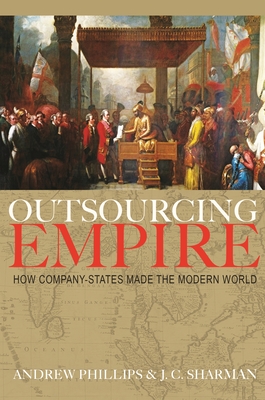Expedite your nonfiction book discovery process with Readara interviews, summaries and recommendations, Broaden your knowledge and gain insights from leading experts and scholars
In-depth, hour-long interviews with notable nonfiction authors, Gain new perspectives and ideas from the writer’s expertise and research, Valuable resource for readers and researchers
Optimize your book discovery process, Four-to eight-page summaries prepared by subject matter experts, Quickly review the book’s central messages and range of content
Books are handpicked covering a wide range of important categories and topics, Selected authors are subject experts, field professionals, or distinguished academics
Our editorial team includes books offering insights, unique views and researched-narratives in categories, Trade shows and book fairs, Book signings and in person author talks,Webinars and online events
Connect with editors and designers,Discover PR & marketing services providers, Source printers and related service providers

Outsourcing Empire: How Company-States Made the Modern World
History > Modern - General
- Princeton University Press
- Paperback
- 9780691207896
- -
- -
- History > Modern - General
- (Single Author) Asian American
- English
Readara.com
Book Description
How chartered company-states spearheaded European expansion and helped create the world's first genuinely global order
The prevailing story of European empire-building has focused on the rival ambitions of competing states. But from the seventeenth to the twentieth centuries, company-states--not sovereign states--drove European expansion, building the world's first genuinely international system. Company-states were hybrid ventures: pioneering multinational trading firms run for profit, with founding charters that granted them sovereign powers of war, peace, and rule. Those like the English and Dutch East India Companies carved out corporate empires in Asia, while other company-states pushed forward European expansion through North America, Africa, and the South Pacific. Outsourcing Empire explains the rise and fall of company-states, why some succeeded while others failed, and their role as vanguards of capitalism and imperialism.
Author Bio
Jason Sharman is the Sir Patrick Sheehy Professor of International Relations in the Department of Politics and International Studies at Cambridge. He received his Ph.D. in political science from the University of Illinois at Urbana-Champaign in 1999, and his undergraduate degree in history and politics from the University of Western Australia.
Previously, Sharman worked at American University in Bulgaria, the University of Sydney and Griffith University, and he has spent shorter periods as a visitor at St Petersburg State University, Columbia University and the London School of Economics.
Research Interests
Sharman’s research interests range from the study of international corruption, money laundering and tax havens, to the global politics of the early modern world.
Source: University of Cambridge
Videos




Community reviews
No Community reviews

